The global COVID-19 pandemic has ushered in a new normal for millions of people around the world. For those who are not healthcare professionals on the frontlines, or instrumental to our food supply or critical infrastructure, work is generally managed from home, shopping for food and groceries is done online, working out is a YouTube video from the living room, leisure may involve Zoom and a glass of wine or coffee, and any parenting/homeschooling is often a tragicomic exercise.
Some of these things we were all doing already in some form or another, says Jon Medved, founder and CEO of OurCrowd, Israel’s most active venture investor and crowdfunding platform, “and this crisis is accelerating trends that were already present.”
E-commerce, education tech, sports tech, digital health and telemedicine, logistics and supply chain, remote and automated work – these were all growing industries before the pandemic but “now there’s an accelerant and what is happening now is of an entirely different nature,” he tells NoCamels in a phone interview.
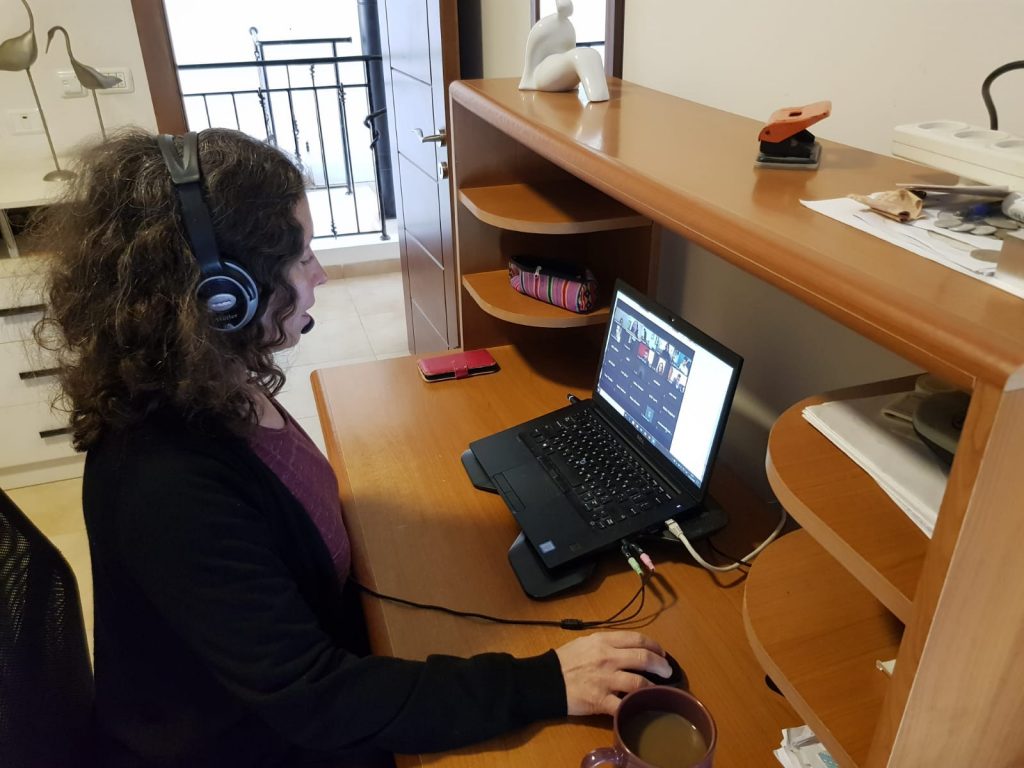
“Investors are now interested not just in the medical side of this crisis – vaccines and diagnostics and so on, but in technology that deals with our new reality, with social distancing, distance learning and so on” Medved explains.
“I think we are now witnessing – in a very abrupt and sort of somewhat dramatic way, long-term changes that people will adopt,” he adds.
SEE ALSO: Israeli Video Tech Helps Universities, Firms Keep ‘Business As Usual’ Despite Coronavirus
Startups and companies that have not adapted to this reality and thought about the way forward will have a very difficult time snapping back, he notes. “In this environment, smart companies realized that they have to stay relevant and provide real value, or pivot.”
“If they’re lucky enough that their basic company is already relevant, because that’s what it does, great,” Medved says, citing as an example OurCrowd portfolio company Kemtai, a personalized home fitness provider.
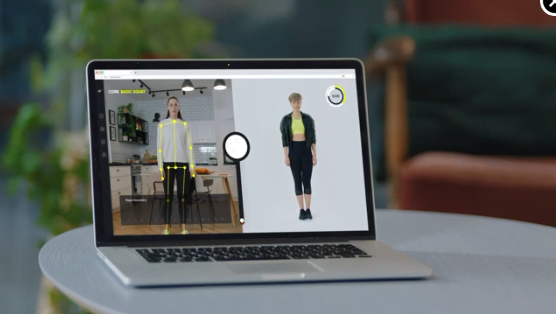
“It’s huge. We thought it was important anyway a month ago, two months ago, but now, it’s obvious when no one’s going to a gym,” he says. “This obviously becomes a relevant company and the company didn’t even need to pivot at all. Its product just happens to be right in the middle of the zeitgeist.”
Last week, Medved appeared in an Instagram video to highlight Kemtai’s relevance. “We’re all trying to stay in and stay healthy. That’s what the crisis is about, but those of us that are normally working out in gyms, at home, or elsewhere with trainers, are feeling a little bit lonely,” he says said in the clip, “That’s why one of our portfolio companies, Kemtai, has now made available a trainer in your home.”
Another example is Kryon Systems, also an OurCrowd portfolio company, which developed AI-powered software robots, or Robotic Process Automation (RPA), for enterprise automation. Two weeks ago, Kryon built an RPA solution for Maccabi Health Services, Israel’s second-largest HMO, to integrate its testing of COVID-19 patients with the Israeli Health Ministry.
“It is our responsibility to help overcome this pandemic. Creating processes that ensure every test, chart, and patient status is shared between test centers is an important step in streamlining their efforts,” Kryon CEO
Harel Tayeb said in a statement.
Kryon recently secured new funding.
Investing and the way forward
Generally speaking, Medved tells NoCamels, investors are likely to become pickier and funding of tech startups will be deeply affected, especially early-stage companies. “We are urging companies to raise money now rather than later, try to raise more, not less, and be smart about spending,” he says.
Despite the pandemic, Israeli companies and startups managed to raise a record $2.74 billion in 139 deals during the first quarter of 2020 but a sharp decline was recorded in late February and March.
As the “second most important tech ecosystem in the world [after Silicon Valley], I think Israel is able to weather this crisis better than others,” Medved tells NoCamels, citing four elements.
Sign up for our free weekly newsletter
Subscribe“One, we’re really good at capital efficiency and getting by with less. Two, there’s a lot of deep tech solutions. Three, the government is playing a positive role and is being very proactive with funds and grants. Four, the deep presence of multinationals in Israel is a strength and they will play an important role in securing investments,” he says.
Israeli companies harnessing tech to fight the pandemic
For now, several dozen Israeli companies – including OurCrowd firms – are playing a role during this crisis, whether it’s with technology that allows people to work remotely or fight the pandemic directly. These companies operate in fields like remote learning, robotics, digital health, biotech, remote patient monitoring, new-generation disinfectants, and new treatments for microbial infections.
“These entrepreneurial companies are working day and night to make an important contribution to the worldwide efforts to turn the tide in this titanic struggle,” Medved in a company statement last month. “This is yet again demonstrable proof of Israel’s outsize role in the world of technology and together with our mobilized worldwide network of investors, multinationals, and experts we hope to lead in pandemic defense and innovation for this outbreak and those yet to come.”
Here are some of the ones tackling the coronavirus crisis:
Diagnostics and data
Tel Aviv company Sight Diagnostics has deployed its safe blood test technology for coronavirus patients at Israel’s Sheba Medical Center, which recently built an underground unit to care for severely ill sufferers of the disease. The hospital is now using its OLO compact blood analyzer for rapid, lab-grade complete blood count results in its special lab.
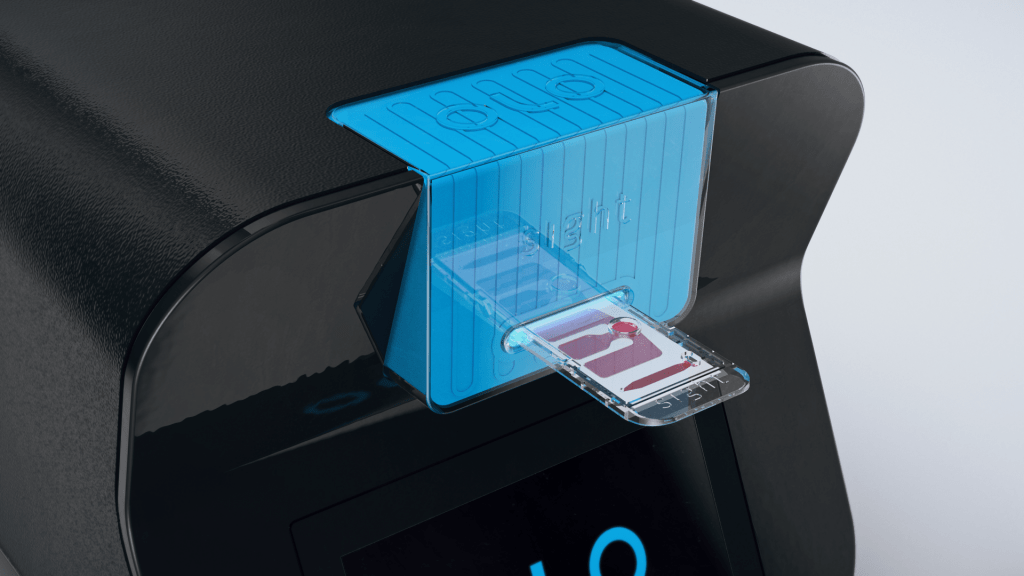
Meanwhile, the Vancouver-based company SaNOtize, in which OurCrowd is invested, is testing nasal spray and hand-sanitizer against coronavirus with the Institute for Antiviral Research at Utah State University. NoCamels spoke to Israeli scientist Dr. Gilly Regev, an entrepreneur with a rich background in anti-infectious research and the co-founder of the company, in February at the OurCrowd Global Investor Summit about its patented platform technology that allows for the topical release of nitric oxide (a colorless gas with the formula NO) to kill bacteria and viruses. This treats and prevents microbial infections, including by drug-resistant microbes, such as upper respiratory diseases.
SEE ALSO:OurCrowd Bets On Early Stage Startups, Marks Record Growth In Israel Tech Ecosystem
Other OurCrowd portfolio companies using their technologies to provide assistance to medical teams and the general population during the coronavirus crisis include Sweetch, the Tel Aviv-based mobile health platform enabling medical teams to remotely monitor, follow, manage and optimize intervention in COVID-19 positive patients with chronic diseases; MeMed, which developed and validated an immune-based protein signature for distinguishing between bacterial and viral infections to help target correct treatment by decoding the body’s own immune response; VocalZoom, whose ‘Polaro’ laser sensor technology enables spectral skin imaging to detect medical vital signs, enabling non-invasive, rapid screening of possible COVID-19 symptoms in hospitals for real-time detection and triage of symptomatic individuals, and at mass transit hubs including airports, train terminals; CyberMDX, a company that helps hospitals manage their critical medical devices by automatically identifying all devices within the hospital ecosystem; and TytoCare, the Israeli telehealth firm that recently expanded the production of its remote medical testing devices to meet the demand of healthcare organizations as they battle the coronavirus pandemic.
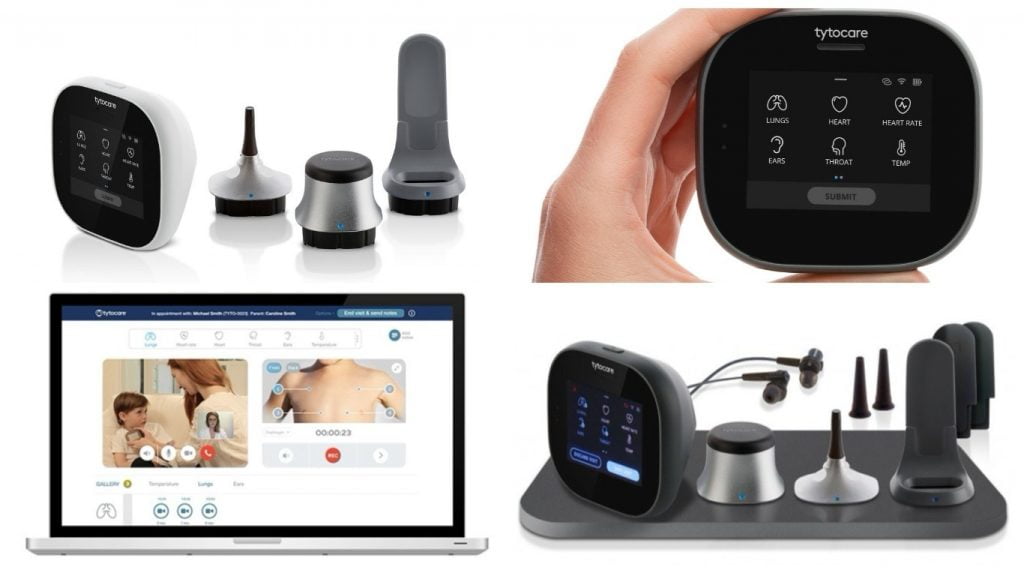
Assisting the population
A number of OurCrowd startups are also helping to fight the coronavirus pandemic by assisting at-risk and vulnerable communities as well as the general public in isolation.
OurCrowd has invested in a Herzliya-based analytics startup called Neura, which has created a human behavior platform enabling governments and health organizations to monitor and control the spread of COVID-19 by applying mobile-based detection of infection chains, implementing quarantine control, improving population adherence to government guidelines, and increasing social distancing. The company also processes complex data gathered by cellphones that include more than just GPS location.
DreaMed Diabetes, a startup developing solutions and support for patients with Type I and Type II diabetes, has a personalized, cloud-based management solution offering assistance for diabetes patients in isolation.
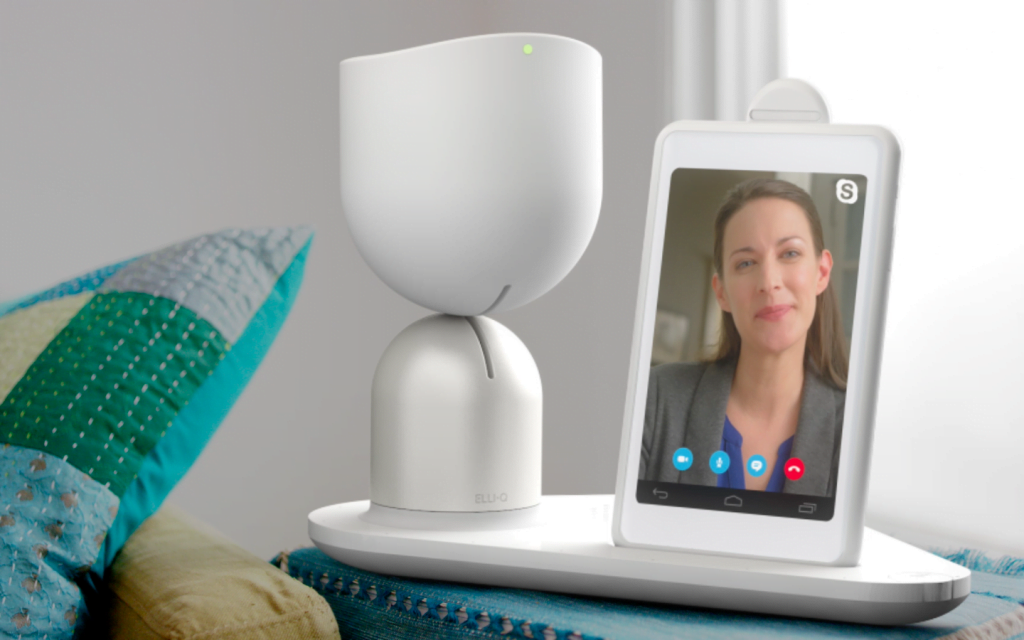
Meanwhile, Israeli startup Intuition Robotics just raised $36 million in a Series B round co-led by Japan’s SPARX Group and OurCrowd. The friendly social robot developed by ElliQ was initially created for the elderly to help reduce loneliness and promote wellness as well as help with routines. Now that many senior citizens are also in isolation, it is helping them stay connected to family and caregivers too.
Meanwhile, Freightos is keeping global trade moving with an online freight platform helping importers and manufacturers remotely maintain global imports/exports despite rapid supply chain shifts caused by the pandemic.
Remote learning / Remote business assistance
OurCrowd has also invested in two startups that encouraged learning and business assistance from afar even before it was required by countries under lockdown. MagniLearn is an online personalized educational platform that teaches English online using natural language processing and computer intelligence to tailor instruction to each student according to ability. Codility is a developer hiring platform that assesses programming engineers through online coding tests and live interviews, using an evidence-based platform to help predict real-life skills of candidates, at scale.
Related posts

Editors’ & Readers’ Choice: 10 Favorite NoCamels Articles

Forward Facing: What Does The Future Hold For Israeli High-Tech?

Impact Innovation: Israeli Startups That Could Shape Our Future




Facebook comments